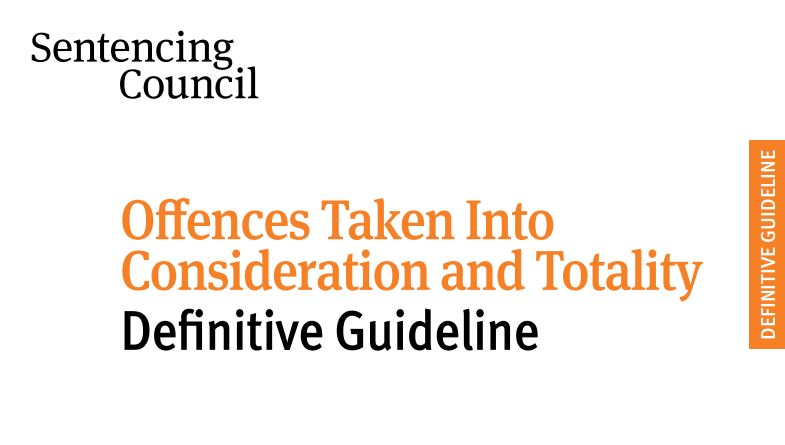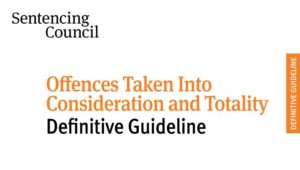We all know that the use of mobile phones is banned whilst driving.
Or are they?
The answer, according to the High Court’s recent decision in Director of Public Prosecutions v Barreto, is that it depends what you’re doing with it.
What did Mr Barreto do?
Ramsey Barreto had been convicted in the Magistrates’ Court of using his mobile phone to film an accident while he was driving. The prosecution was under s41D of the Road Traffic Act 1988 and Regulation 110 of the Road Vehicles (Construction and Use) Regulations 1986.
What do these laws say?
These provisions make it an offence to use ‘a hand-held mobile telephone or other hand-held interactive communication device.’
‘Interactive communication’ means ‘sending or receiving oral or written messages, sending or receiving facsimile documents, sending or receiving still or moving images, and providing access to the internet.’
How did Mr Barreto overturn his conviction?
Barreto appealed his conviction to the Crown Court. The Crown Court acquitted him on the basis that videoing on a phone did not come within the definition of the offence, because no interactive communication was taking place.
The Director of Public Prosecutions, head of the Crown Prosecution Service, appealed on that point of law to the High Court.
As the High Court pointed out, the Crown had assumed the legislation banned all mobile phone use. Mr Barreto said that was not the case.
What did the High Court say?
The High Court agreed with Mr Barreto and the Crown Court. He was allowed to go free without a stain on his character. The Court said:
“The legislation does not prohibit all use of a mobile phone held while driving. It prohibits driving while using a mobile phone or other device for calls and other interactive communication (and holding it at some stage during that process).”
Does this mean you can play Candy Crush while you’re driving?
No, probably not. The High Court made the point in their concluding paragraphs, saying:
“It should not be thought that this is a green light for people to make films as they drive. As I have already said, driving while filming events or taking photographs whether with a separate camera or with the camera on a phone, may be cogent evidence of careless driving, and possibly of dangerous driving.”
There is also a related offence (although it carries fewer penalty points) of not being in control of a motor vehicle.
Once again, road traffic law has proved to be one of the trickiest areas of criminal work – don’t leave your licence to chance, ensure you use a firm that is fully up to date with all developing legal arguments.
Contact an expert motoring law solicitor
Your driving licence is likely to be extremely important to you, whether for work, family or social purposes.
As a result, you will only want to trust the preparation of your case to a specialist in mobile phone offences and road traffic offending.
You can read the detail of a case where we successfully defended a motorist for mobile phone offences here.
You can read more about our fixed fees for defending such cases here.
You can find your nearest office here or use the contact form below.





